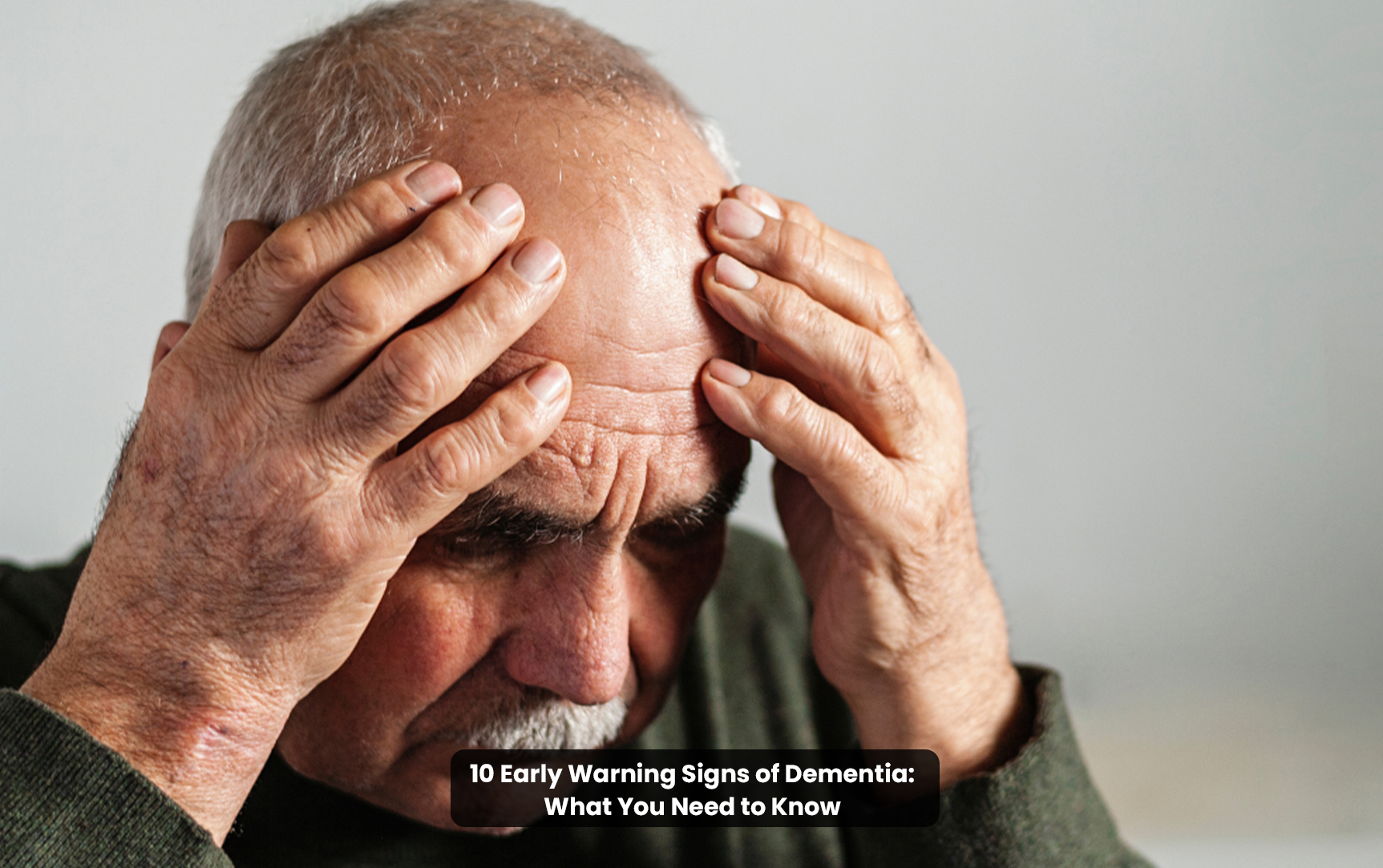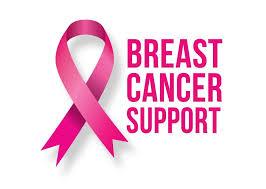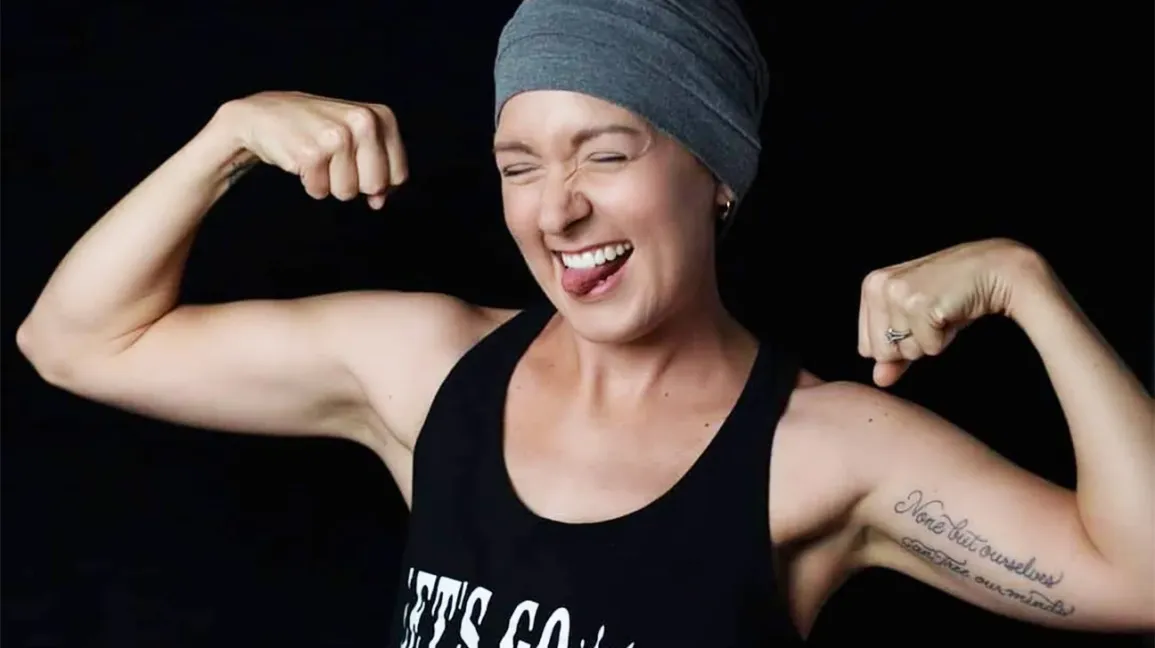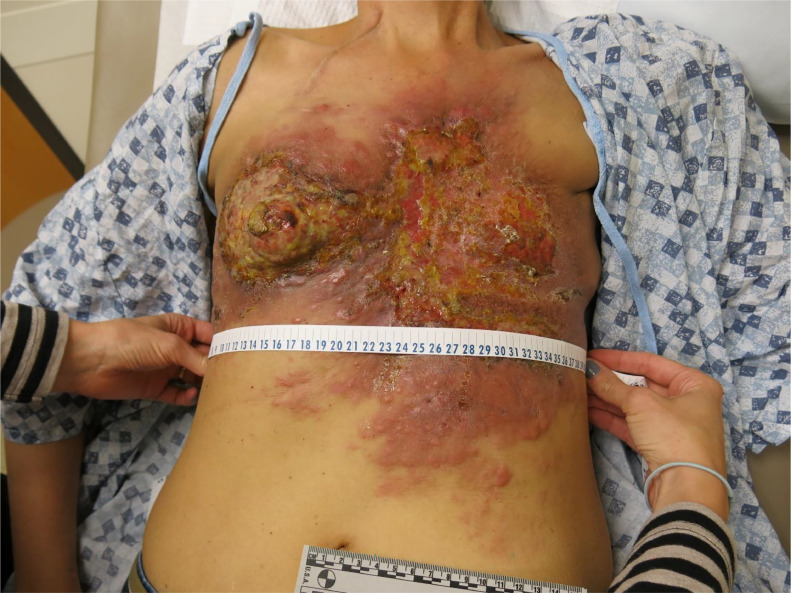When you are diagnosed with breast cancer, it might feel as though everything has changed. The deluge of information, treatment choices, and anxiety about the future can be debilitating, even if detected early. Becoming your own advocate, however, is one of the most effective things you can do right now.
Learning about your illness, forming a network of support, and actively participating in decisions regarding your care are all components of self-advocacy. You’ll feel more in charge and position yourself for the greatest result if you speak up and keep yourself informed.
After receiving a breast cancer diagnosis, follow these steps to begin advocating for yourself.
1. Get Educated About Your Diagnosis
Power comes from knowledge. You will be better able to make decisions if you have a better understanding of the kind, stage, and available treatments for your breast cancer.
Adrienne Slaughter, a breast cancer survivor, asked her doctors a lot of questions and sought a second opinion almost away after receiving a diagnosis of ductal carcinoma in situ (DCIS) at the age of 43. Before deciding to have a double mastectomy, she also saw a number of plastic surgeons.
Her story brings to light a crucial reality: don’t be scared to seek out additional professional advice, ask for clarification, or get test results. You have the right to it.
Some resources to help you get started include:
- American Cancer Society – Reliable information on breast cancer types and treatments.
- National Cancer Institute – Evidence-based research and treatment guidelines.
- Breastcancer.org – Patient-friendly resources and support tools.
2. Build Your Support System
Breast cancer is not something you should have to deal with alone. In addition to offering emotional support, family, friends, and other survivors can also suggest medical professionals and treatment alternatives.
Adrienne acknowledges that she was sorry to attend her biopsy appointment alone herself. She later turned to three close friends who had already experienced breast cancer. Their advice was really helpful, particularly in selecting surgeons.
Support can come from many places, including:
- Friends and family – Don’t hesitate to ask them to attend appointments with you.
- Support groups – Hospitals and cancer centers often offer free groups where you can connect with others. Organizations like Cancer Support Community provide nationwide programs.
- Online communities – Be cautious, but trusted platforms such as Living Beyond Breast Cancer offer forums where survivors share their journeys.
3. Focus on the Positive
Following a diagnosis, it’s normal to have feelings of dread, despair, or even rage. However, developing a positive outlook can significantly impact your coping mechanisms.
Adrienne says this about her perspective:
“Life and the weather are similar. The sun will reappear even in the midst of thunder and lightning. Perhaps not next week, perhaps not tomorrow, but it always comes back.
It is not necessary to ignore the difficult times in order to keep hope. It entails realizing that although cancer is a part of your life’s narrative, it does not define the remainder of it. During treatment, you can also maintain a positive attitude by engaging in activities like writing, mindfulness, and light exercise like yoga or walking.ancer is a part of your story, it doesn’t define the rest of your life. Practices like mindfulness, journaling, and gentle movement (such as yoga or walking) can also help keep your spirits steady during treatment.
The Bottom Line
A breast cancer diagnosis can feel isolating, but you have more power than you may think. By educating yourself, surrounding yourself with support, and staying hopeful, you can take an active role in your care and navigate your treatment with strength and resilience.
Every journey looks different, but self-advocacy is a tool that will serve you no matter what lies ahead.















